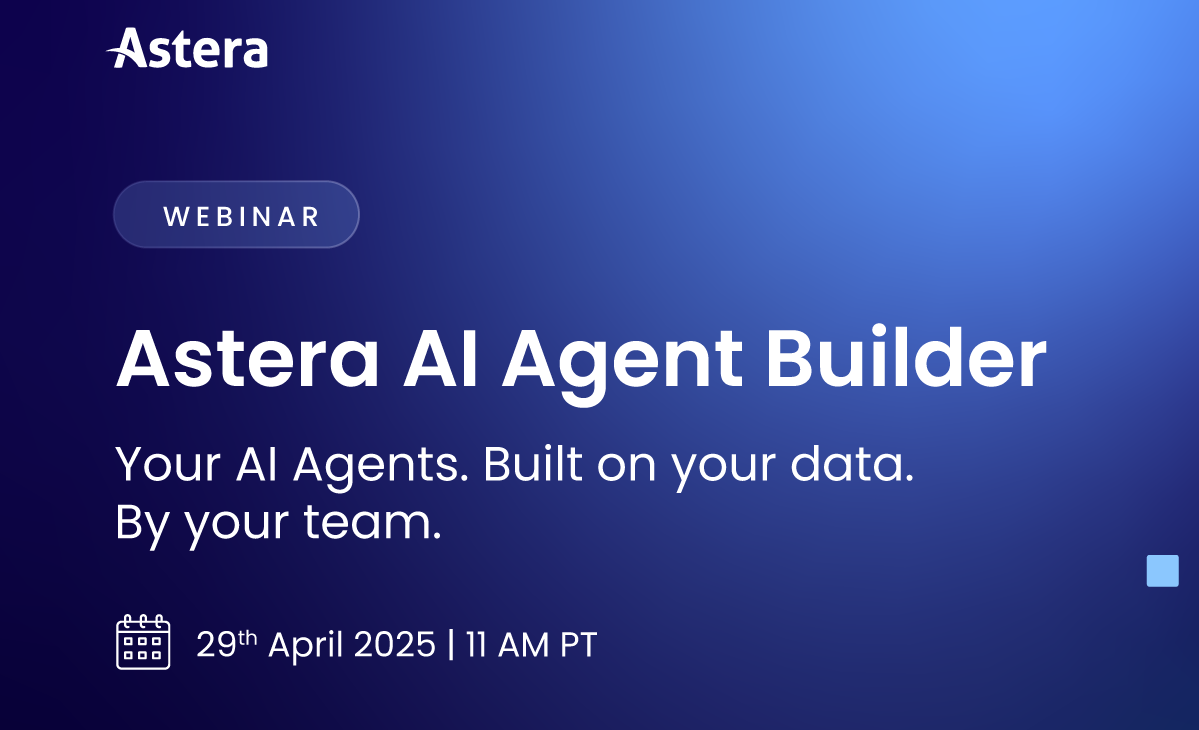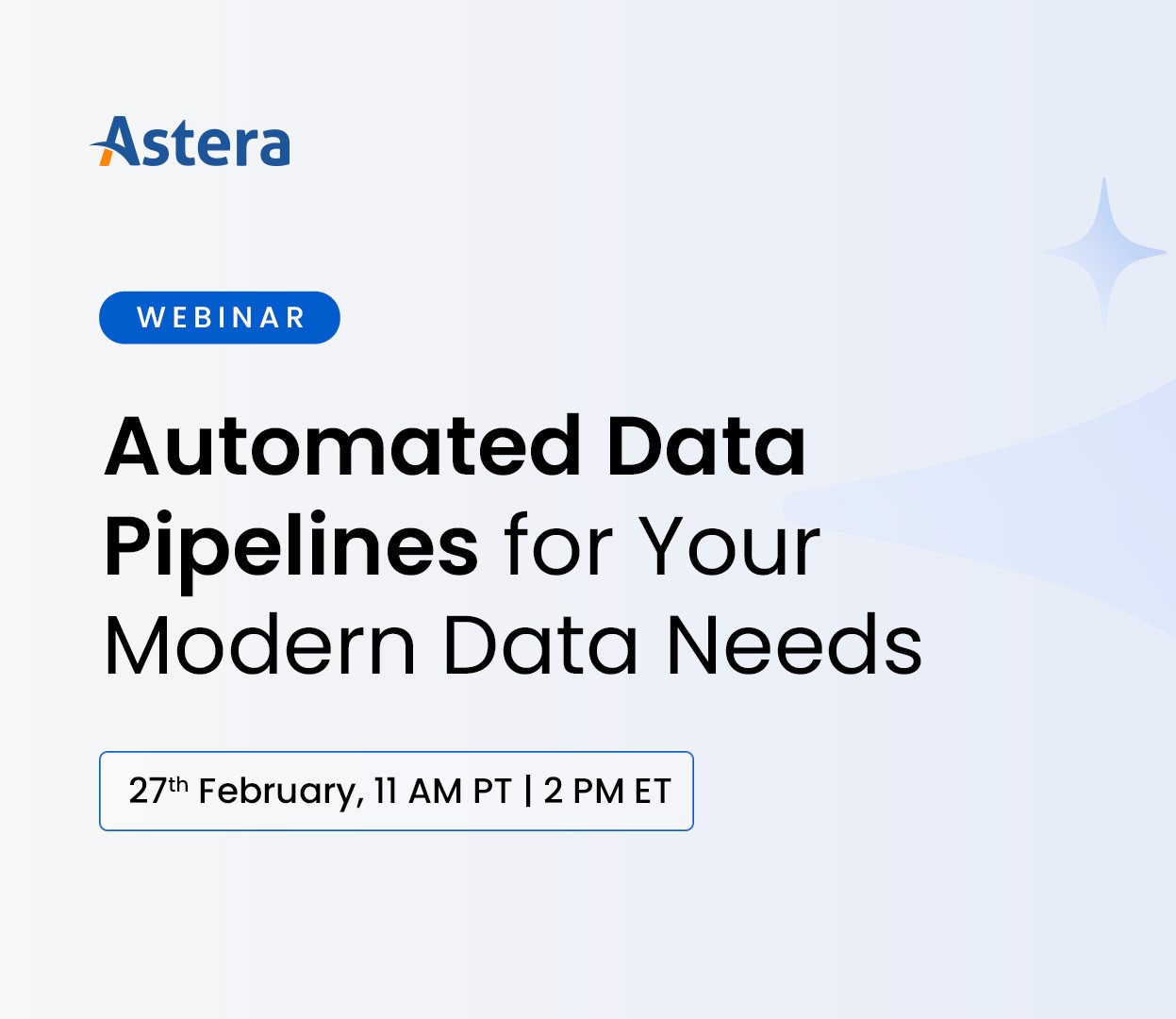
Empowering Manufacturing with AI: Selecting the Ideal Automated Shipping Document Data Extraction Tool
In the vibrant and rapidly evolving manufacturing environment, companies generate and handle a multitude of shipping data daily. This data, encompassing everything from invoices and packing lists to purchase orders and shipping orders, if processed and analyzed correctly, can unlock immense value for manufacturing businesses.
Instead of viewing the vastness and diversity of this data as a hurdle, progressive manufacturers are seeing it as a stepping stone towards improved decision-making and enhanced operational efficiency. They’re turning to cutting-edge technologies like AI-powered automated shipping document data extraction tools to efficiently manage this data wave. These tools offer the dual advantage of mitigating human error in data handling and facilitating immediate data processing, making them indispensable in today’s fast-paced manufacturing milieu.
How Automated Shipping Document Data Extraction is Reframing Manufacturing
AI-powered tools are proving to be more than just functional assets, rather they are becoming the linchpins of a robust and efficient data management strategy in the industry.
Boosting Efficiency and Precision
Automated data extraction tools, enhanced by AI technology, effectively manage the extensive and varied data inherent in manufacturing.
For instance, in automobile manufacturing, where thousands of components are sourced, assembled, and shipped, these tools can efficiently process large volumes of data from various shipping documents such as invoices, packing lists, and purchase orders. This streamlines operations by significantly reducing the burden of manual data entry, thereby improving accuracy and minimizing the risk of errors.
Enabling On-Demand Data Processing
Consider the food and beverage manufacturing industry, where factors such as product freshness and expiry dates are of utmost importance. In such a scenario, automated data extraction tools can swiftly process information from shipping documents, enabling instantaneous access to critical data.
This ability to process data in real-time empowers manufacturers to react quickly to any supply chain fluctuations. Consequently, they can manage their inventory more effectively, optimize their order processing, and utilize resources more efficiently, all of which are key to maintaining a robust and agile manufacturing operation.
Unearthing Actionable Insights
These AI-driven tools also hold the key to data-driven decision making.
For instance, in aerospace manufacturing, where precision and timeliness are crucial, these tools can swiftly analyze shipping data to provide comprehensive operational insights. They can detect patterns, anticipate trends, and empower manufacturers to make strategic decisions that can improve quality control, cost-efficiency, and overall competitiveness.
Key Considerations in Selecting an Automated Data Extraction Tool for Manufacturing
As manufacturing enterprises seek to capitalize on the power of automated data extraction tools, there are certain key factors they need to consider.
Tailored for Manufacturing-Specific Requirements
Every industry comes with its own set of unique data challenges, and manufacturing is no different. Whether it’s the automotive sector dealing with complex parts inventories, or pharmaceutical manufacturers handling highly sensitive and regulated data, the selected tool should be tailored to handle the diversity and complexity of data in its specific context.
For instance, an ideal data extraction tool for a steel manufacturing company would be one capable of processing shipping documents with details about the wide array of alloys used, their specific characteristics, and their shipping requirements.
Utilize AI for Advanced Data Management
AI capabilities are now a key feature of data extraction tools. These include automated extraction of relevant data from unstructured documents and funneling this data to the desired location for processing and analysis.
Chemical manufacturing companies often grapple with complex shipping documents containing information about various chemicals, safety measures, and shipping instructions. An AI-powered tool can efficiently extract and organize this data, providing critical insights and enhancing decision-making processes.
Seamless Integration with Existing Systems
Manufacturing units often operate with an array of systems for different operational needs. It could be an ERP system like SAP for managing business processes, or a CRM like Salesforce for handling customer relationships. Therefore, the chosen automated data extraction tool should integrate seamlessly with these existing systems to provide a holistic view of the entire operation.
For example, in textile manufacturing, where supply chain efficiency is crucial, a data extraction tool that integrates with the existing supply chain management system could streamline the process of tracking raw materials, production, and distribution.
Robust Security and Compliance Measures
Manufacturing companies often deal with sensitive information, and breaches in data security can have significant repercussions. Consider the aerospace industry, where confidential blueprints and designs need to be protected, or the food and beverage industry that needs to comply with strict safety regulations.
Therefore, it’s crucial that the chosen data extraction tool adheres to high-security standards and regulatory compliance.
Scalability for Growing Operations
Manufacturing operations are not static; they evolve and grow over time. Consider an electronics manufacturing company launching a new product line. The corresponding increase in data from shipping documents will require a data extraction tool that can scale to handle this additional load without compromising performance.
Accessible and Responsive Customer Support
As with any technology, there can be hiccups along the way. Whether it’s a pharmaceutical company needing to extract data from a new type of shipping document or a furniture manufacturer facing a system glitch during peak production season, having reliable, round-the-clock customer support can make a significant difference.
Cost-effectiveness for Sustainable Growth
Finally, the total cost of ownership, including setup, maintenance, and licensing fees, should be weighed against the tool’s benefits and potential return on investment.
For example, for a start-up manufacturing company with tight budgets, a tool that offers flexible payment plans without compromising on features might be the ideal choice.
By carefully considering these factors, manufacturing companies can select an automated data extraction tool that not only meets their present needs but also supports their vision for future growth and success.
Conclusion
As the manufacturing industry continues to evolve, so does its reliance on efficient and intelligent data management. As a future that promises even greater integration of AI in manufacturing becomes reality, the adoption of sophisticated tools will undoubtedly be a strategic advantage.
To navigate this promising journey towards data-driven manufacturing success, consider exploring Astera ReportMiner. This automated data extraction tool offers a comprehensive suite of features tailored for the manufacturing sector’s unique needs, designed to help you unlock the full potential of your shipping document data.


